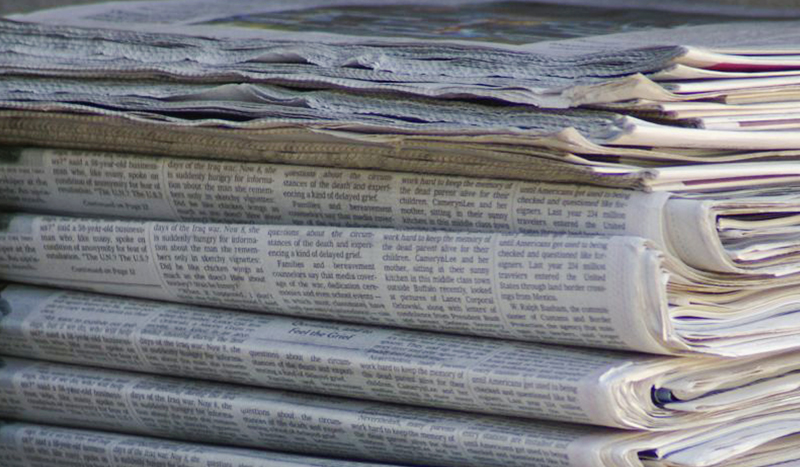Headlines:
- The Oppression of Rohingya Muslims
- Greece: A Cure that worse than the disease
- Syrian Rebel Leader does U – turn
The Oppression of Rohingya Muslims
Images and videos continue to pour out of the desperate situation of the Rohingya Muslims. Due to the genocide taking place against them the Rohingya Muslims have been forced to venture in boats to trafficking camps on remote Thai islands. They have been victims of extreme violence, lack basic food and water and often forced to drink their own urine. Those that have fallen victim to disease are thrown overboard if dead or close to dying. In Thailand Rohingya Muslims have been held in internment camps until they can either pay thousands to human traffickers to be released or be sold as slaves to the highest bidder. Those who are unable to pay become slaves, women and young girls are forced into marriages and men sold to Thai fishermen. Recently mass graves of Rohingya Muslims have been uncovered in Thailand. ASEAN countries (specifically Thailand, Indonesia and Malaysia) have refused Rohingya refugees to seek asylum. They have instructed their military forces to take them back to sea and abandon them to nature’s forces. Countries such as Saudi Arabia, Egypt, Pakistan, Turkey and Jordan have watched the Rohingya Muslims being oppressed. The Muslim regimes specifically in Bangladesh, Malaysia, and Indonesia abandoned the Rohingya women and children, abandoning their responsibility towards them in the name of preserving national interests.
Greece: A Cure that’s worse than the disease
Greek finance minister Yanis Varoufakis writing for the global and mail highlighted the fallacy that Athens is unable or unwilling – or both – to implement an economic reform program, something that continues to be peddled by Europe’s heavyweights. The economic reforms emphasized by Europe include an independent tax agency, fiscal surpluses forever, an ambitious privatization program, combined with a development agency that harnesses public assets to create investment flows, pension reform that ensures the social security system’s long-term sustainability, liberalization of markets for goods and services, and so on. Varoufakis highlighted the sticking point: “The problem is simple: Greece’s creditors insist on even greater austerity for this year and beyond – an approach that would impede recovery, obstruct growth, worsen the debt-deflationary cycle, and, in the end, erode Greeks’ willingness and ability to see through the reform agenda that the country so desperately needs. Our government cannot – and will not – accept a cure that has proven itself over five long years to be worse than the disease.” The Greek finance minister summarized what his country is being asked: “Fair-minded observers of the four-month-long negotiations between Greece and its creditors cannot avoid a simple conclusion: The major sticking point, the only deal-breaker, is the creditors’ insistence on even more austerity, even at the expense of the reform agenda that our government is eager to pursue.”
Syrian Rebel leader does U – turn
There was much hope back in 2013 when a grandiose declaration was made form from Damascus in 2013 when 43 factions came together under the banner of ‘Jaysh al-Islam’ (Army of Islam). In his first interview to western audiences Jaysh al-Islam leader Muhammad Zahran Alloush turned his back on many of his original positions. Democracy being a corrupt system and seeking an Islamic state, to succeed the government of President Bashar Assad was all gone and replaced with a state where people’s rights are protected. In his interview to America’s McClatchy, Alloush said his original statements were due to the pressure he lived under in Ghouta, the scene of a poison gas attack two years ago that killed hundreds. “We are under siege. We all suffer psychological stress.” His spokesman, said the speeches Zahran Alloush had made in Ghouta were for internal consumption, to rally fighters in the face of other, far more radical Islamist forces, such as the Islamic State. “There’s speech for the internal audience and for the external audience,” he said. Alloush has been travelling regularly to neighboring nations and is fast becoming the central go to man for the Syrian conflict. Alloush and his father, Sheikh Abdullah Alloush – who is a Salafi authority who lives in Saudi Arabia, have received significant funding from Saudi Arabia.

